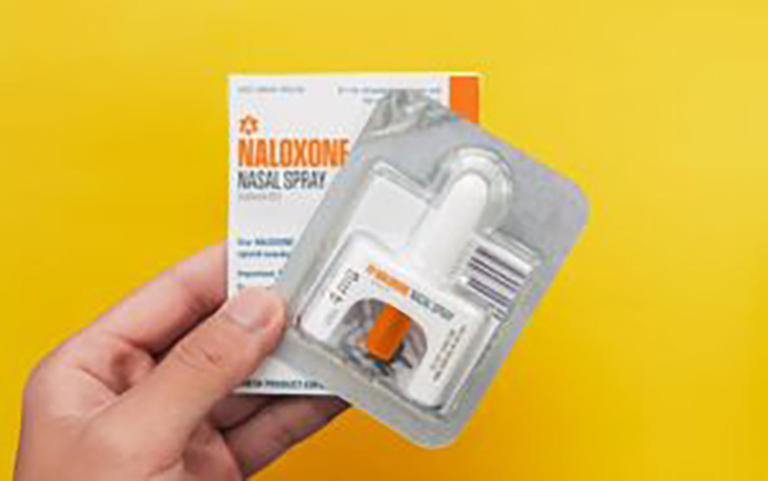Saving a life costs nothing


One life lost to an opioid overdose is one too many.
iSaveFL makes free naloxone kits available across the state of Florida. We encourage Floridians to take action by obtaining a free kit, especially if someone you know is at risk of witnessing or experiencing an opioid overdose.
Find a local provider to get free naloxone kits.
We’re making it easy for you to take action and help those you love.

What is naloxone?
Emergency medicine that prevents overdose deaths from prescription painkillers, heroin, and fentanyl.
Naloxone is primarily administered through a nasal spray, but can also be given using a syringe. It blocks opioid receptor sites, reversing the toxic effects of the opioid overdose. Naloxone is administered when an individual is showing signs of an opioid overdose.
Someone who is not experiencing an overdose will not be harmed if they receive a dose of naloxone.
650+
Organizations have participated in Florida.
65k+
Times a life has been saved.
2m+
Free naloxone kits have been distributed.
Floridian
